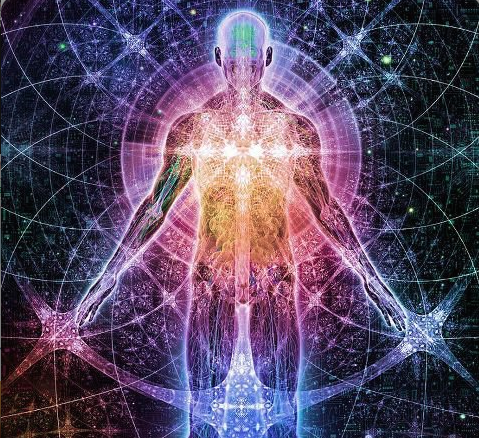A Messiah: Do We Really Want One?

As I read Armstrong’s chapters that discuss the history of Jerusalem under Ottoman rule, I was struck by the fact that there were two “Messiahs” who came to the city during this time period. According to her account, both attempts to garner a mass of Jewish supporters failed. First David Reuveni arrived in Jerusalem in 1523.
Local Jews were wary of their fragile position in the Ottoman city and were afraid that his presence would start a rebellion. In an attempt to solidify his position as the Messiah, he attempted to remove a stone placed in the Western wall by the pagan rebel Jeroboam. Quoted to be a “highly dangerous and obviously unsound project,” Reuveni’s attempt failed (Armstrong 326).
The second Messianic attempt was made by a manic-depressive man named Shabbetai Zevi. In a time when bipolar disorder was undefined, religion helped explain Zevi’s episodes of mania and depression. Kabbalist rabbi Nathan of Gaza was the one to declare Zevi the Messiah. He believed that when Zevi was depressed, he was fighting the powers of evil and when he was manic, Zevi was seeing how life was in the prophesized Messianic period after the Redemption. A place where there were no rules and no Torah was needed. Unsurprisingly his presence in Jerusalem caused anxiety, and eventually local rabbis handed him over to the Ottoman Islamic authority where he was given a choice: either convert to Islam or die. He converted to Islam and another “Messiah” was deemed false (Armstrong 338).
So, what are Jews looking for in a Messiah exactly?
Well, there are many online articles and highly bias websites that describe the criteria exactly. They must be the descendent of David. They must be born to a Virgin. They must be raised with the poor. They must never dispute the Torah. Etc and etc. With all these stringent requirements, it kinda seems that maybe some Jews don’t want or see the need for a Messianic figure. In fact, Rabbi Peter H. Schweitzer believes in a brand of Humanistic Judaism that rejects the idea of a Messianic figure. He believes that “Our focus should be on bringing redemption in our own lifetime and with our own two hands”. This means that instead of looking up to a god like figure, we can find the divine in every person around us (Moment Mag).
So maybe there will never be a person who lives up to the criteria to be the Messiah. But maybe that's ok.
Works Cited
“Ask the Rabbis | Are Jews Still Expecting a Messiah?” Moment Magazine - The Next 5,000 Years of Conversation Begin Here, 12 Mar. 2019, www.momentmag.com/ask-the-rabbis-are-jews-still-expecting-a-messiah/.
Armstrong, Karen. Jerusalem: One City, Three Faiths. Harper Perennial, 2005.


Comments
Post a Comment